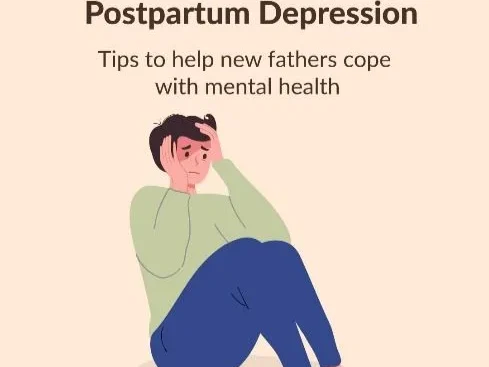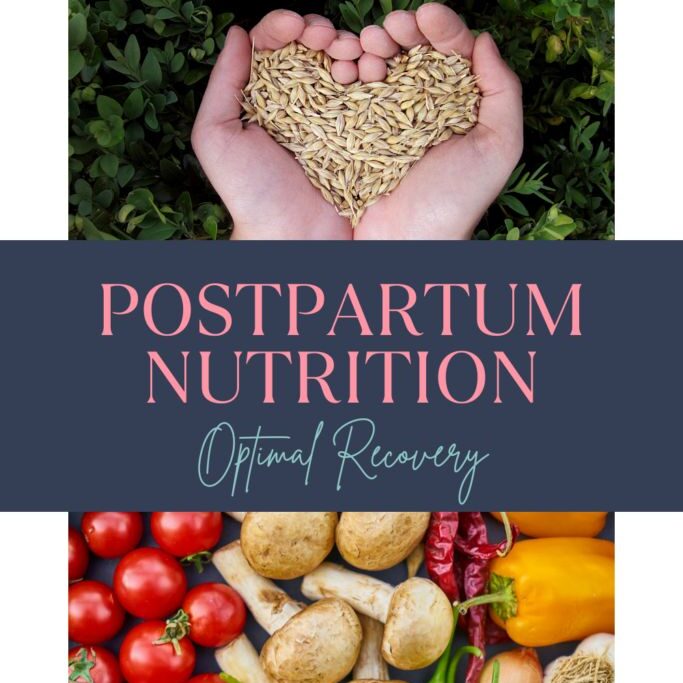Discover your body after baby changes in the first six weeks after childbirth. Learn about healing, emotional adjustments, and self-care tips.
Your Body After Baby
A mother’s body undergoes significant changes after childbirth as it begins to heal and adjust. In the first few weeks, common physical changes include vaginal bleeding (lochia), uterine contractions, and soreness from labor. Hormonal fluctuations may lead to mood swings, fatigue, and changes in breast size and sensitivity as breastfeeding begins. Many women also experience changes in their skin, hair, and weight, as well as pelvic floor weakness or discomfort. The body slowly returns to its pre-pregnancy state, but this process takes time, often months. It’s important to prioritize self-care, rest, and seek support from healthcare providers and loved ones. Each body heals differently, so embracing the journey and being patient with yourself is key to recovery and adjustment.
Welcoming a new baby into your life is an incredible journey, but it also brings a lot of changes to your body. The first six weeks after childbirth are a unique time of recovery and adjustment. Let’s explore what you might experience and how to care for yourself during this period.

The Physical Changes
1. Healing from Birth

Whether you had a vaginal birth or a C-section, your body has been through a lot. If you have stitches, they’ll take time to heal. You might feel soreness, especially in your pelvic area.
Care Tip: Follow your doctor’s advice for pain management and don’t hesitate to ask for help if you need it.
2. Uterine Contractions

After birth, your uterus is shrinking back to its normal size. This process can cause cramping, similar to menstrual cramps, especially when breastfeeding.
Care Tip: Rest and use heat packs to ease any discomfort.
3. Bleeding

For the first few weeks, you’ll likely experience vaginal bleeding known as lochia. This can range from bright red to brownish as the days go by.
Care Tip: Use pads for comfort and monitor for heavy bleeding or large clots—if you notice these, reach out to your healthcare provider.
4. Breast Changes

If you’re breastfeeding, your breasts may feel full, heavy, or even painful as your milk comes in. This can be uncomfortable.
Care Tip: Nurse or pump regularly to relieve some of the pressure. If you notice redness or warmth, it could indicate an infection, so consult your doctor.
Emotional Adjustments
5. Mood Swings
if mood swings persist or worsen, and if a mother feels unable to bond with her baby, experiences severe sadness, or has difficulty functioning, it may indicate postpartum depression, a more serious condition that requires medical attention. It’s important for new mothers to reach out for support from healthcare providers, family, or friends, and to remember that taking care of their mental well-being is just as important as physical recovery.

It’s normal to experience a whirlwind of emotions after having a baby. You might feel joy, exhaustion, sadness, or anxiety—all within the same day!
Care Tip: Reach out to friends or family for support if you’re feeling overwhelmed.
6. Baby Blues vs. Postpartum Depression

Many new moms experience the “baby blues,” which usually resolves within two weeks. However, if you’re feeling overwhelmed, hopeless, or unable to bond with your baby for longer than that, you might be experiencing postpartum depression.
Care Tip: Talk to your doctor if you have these feelings; they can guide you toward the right support.
Taking Care of Yourself
7. Rest and Recovery

As much as possible, try to rest when your baby sleeps. Your body needs time to heal, so don’t hesitate to accept help from friends and family.
Care Tip: Ask them to assist with meals, chores, or just give you a chance to relax.
8. Nutrition Matters
Nutrition plays a crucial role in a mother’s recovery and overall well-being after childbirth. The body has just undergone a significant physical challenge, and proper nutrition is essential for healing, energy.

Eating well is crucial during this time. Focus on nutritious foods that give you energy and support healing. Care Tip: Include plenty of fruits, vegetables, whole grains, and proteins in your diet. Staying hydrated is also important, especially if you’re breastfeeding.
9. Gentle Movement

While you may feel tired, gentle movement can be beneficial.
Care Tip: Short walks or light stretching can help improve your mood and boost energy levels. Always listen to your body and consult your doctor before starting any exercise routine.
10. Connect with Others

Joining a support group or connecting with other new moms can be incredibly helpful.
Care Tip: Sharing experiences and feelings can lighten your load and remind you that you’re not alone on this journey.
Table: Body Changes and Care Tips in the First 6 Weeks
| Body Change | What to Expect | Care Tips |
|---|---|---|
| Healing from Birth | Soreness, especially if stitches are present | Follow your doctor’s advice for pain relief |
| Uterine Contractions | Cramping as the uterus shrinks | Rest and use heat packs for comfort |
| Bleeding | Vaginal bleeding (lochia) that changes color over time | Use pads and monitor for heavy bleeding |
| Breast Changes | Fullness, heaviness, or pain if breastfeeding | Nurse or pump regularly for relief |
| Mood Swings | Emotional highs and lows due to hormonal changes | Talk to someone if you’re feeling down |
| Baby Blues vs. PPD | Temporary sadness or longer-lasting feelings of despair | Reach out for professional help if needed |
| Nutrition and Rest | Need for nutritious food and adequate rest | Eat balanced meals and nap when possible |
| Gentle Movement | Ability to start light activity | Short walks or stretching can help |
Conclusion
In conclusion, the first six weeks after giving birth can be a whirlwind of physical and emotional changes, but it’s important to remember that everything you’re experiencing is part of a natural process. Your body has just performed a miraculous feat by bringing new life into the world, and now it’s undergoing the necessary changes to heal and adjust to its new normal.
You may notice changes in your energy levels, bleeding, breast soreness, or even unexpected emotional highs and lows, but know that these are all part of recovery. While it’s natural to focus on your baby’s needs during this time, taking care of yourself is just as important. Listen to your body—it’s okay to rest when you’re tired, seek help when you’re overwhelmed, and celebrate small victories, like taking a short walk or enjoying a quiet moment.
Navigating the changes in your body can be overwhelming, but don’t hesitate to reach out to your healthcare provider with any concerns. No question is too small or insignificant, and having professional support can provide clarity and reassurance. Similarly, lean on your support system—your partner, family, and friends. Let them help you with tasks, listen to your concerns, and share this journey with you.
Emotionally, it’s also important to give yourself grace. Every new mother’s journey is unique, and comparing yourself to others only adds unnecessary pressure. Some days you might feel strong and accomplished, while on others, exhaustion and doubt might creep in. Both are valid experiences. Trust that your body is resilient and capable of recovery, even if the process feels slow at times.
This is also a time to embrace your new identity as a mother while honoring the person you were before. Whether it’s indulging in a favorite hobby, journaling about your feelings, or simply taking a long shower, carving out moments for yourself helps you reconnect with your sense of self beyond motherhood.
Remember, the first six weeks are just the beginning of a lifelong journey. Your body may look and feel different than it did before, but those changes tell the incredible story of the life you’ve created. Over time, with patience, care, and support, you’ll adapt to this new phase and regain strength in ways you never imagined.
Ultimately, the postpartum period is a time of transformation, not just for your body but also for your heart and mind. It’s okay to feel a mix of emotions—from joy and pride to vulnerability and uncertainty. What matters most is recognizing that you’re not alone in this journey. Millions of women have walked this path and emerged stronger and more confident.
As you move through these early weeks, remind yourself that healing takes time, and progress is not always linear. Celebrate small milestones, be kind to yourself, and know that every step you take is bringing you closer to a new balance. You are doing an incredible job, and both you and your baby will thrive as you adjust to this beautiful, challenging, and life-changing phase.
For more Information, can visits:- Postpartum: First 6 Weeks After Childbirth Information
Also check our this blog:- Most profitable niche to start in 2025. – Knowledge kendra




Pingback: Dr. Manmohan Singh: A Legacy of Economic Leadership